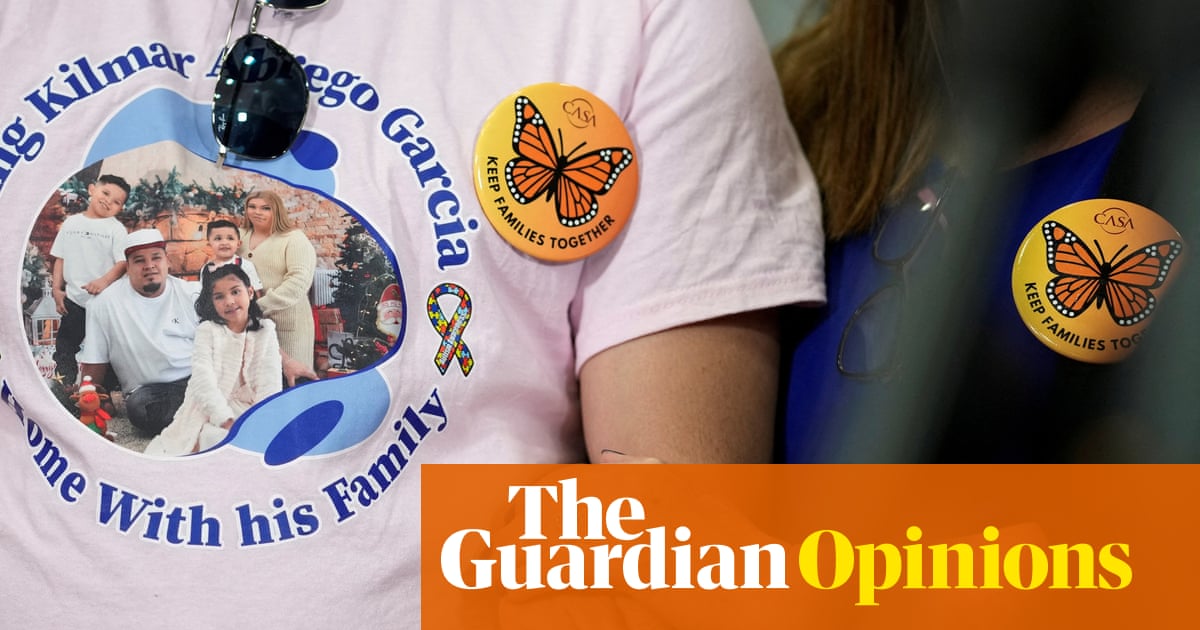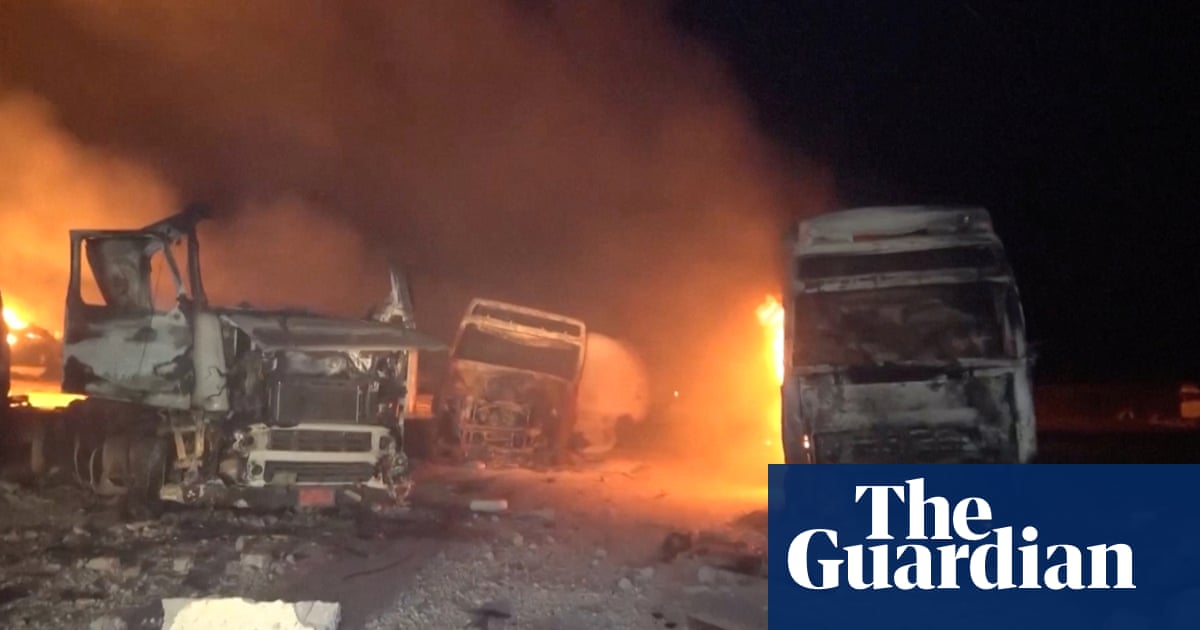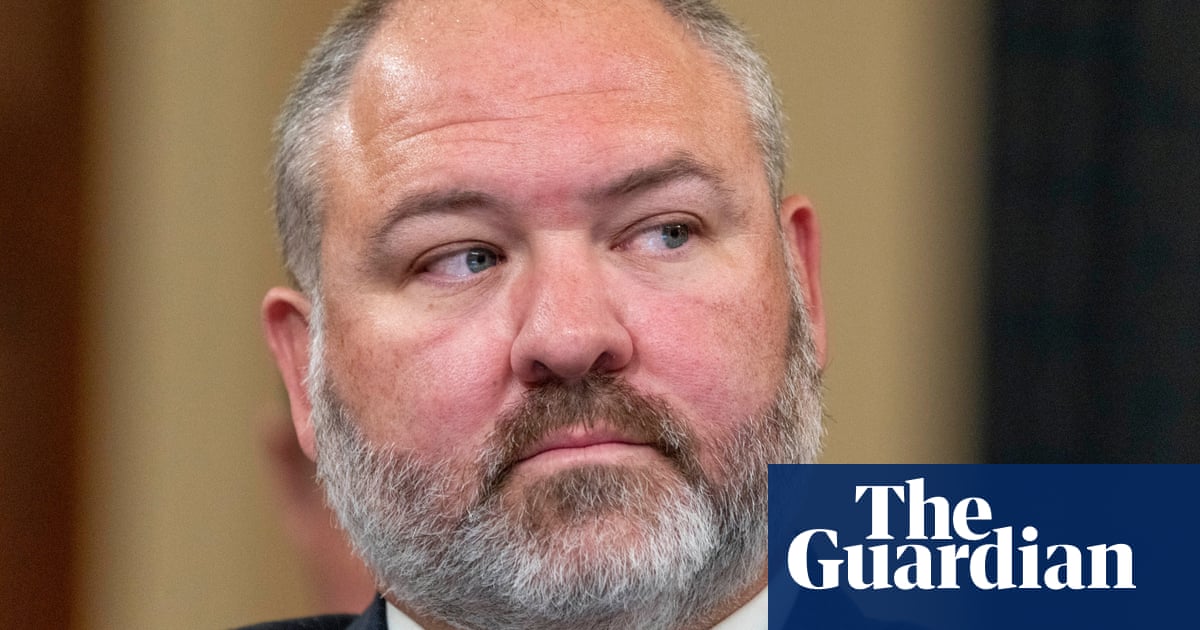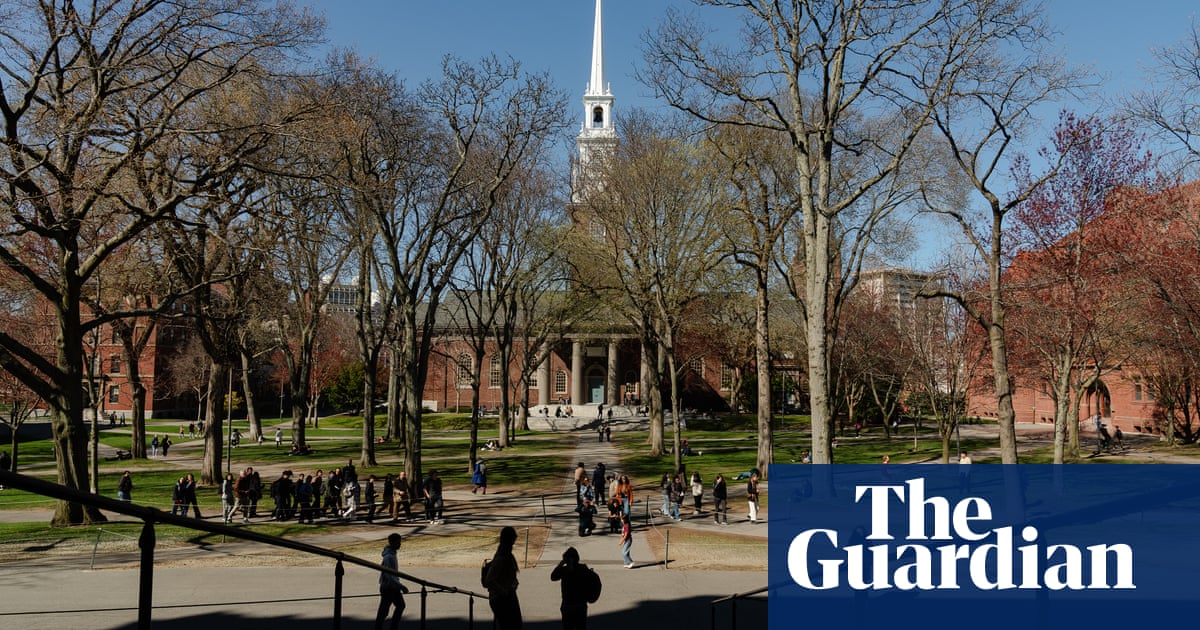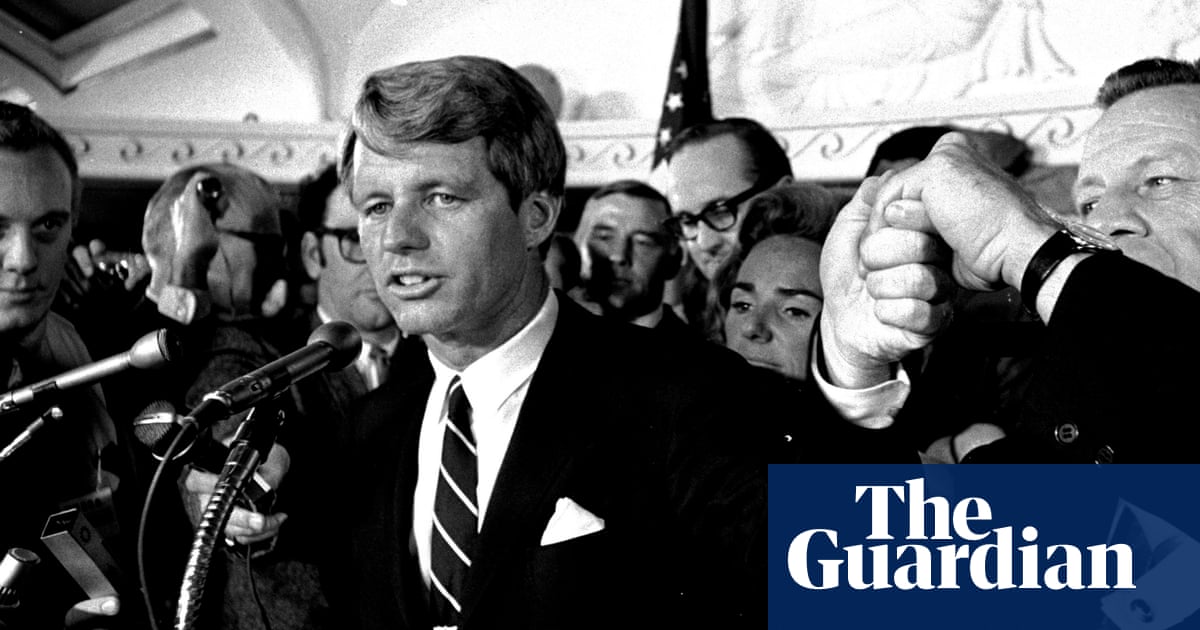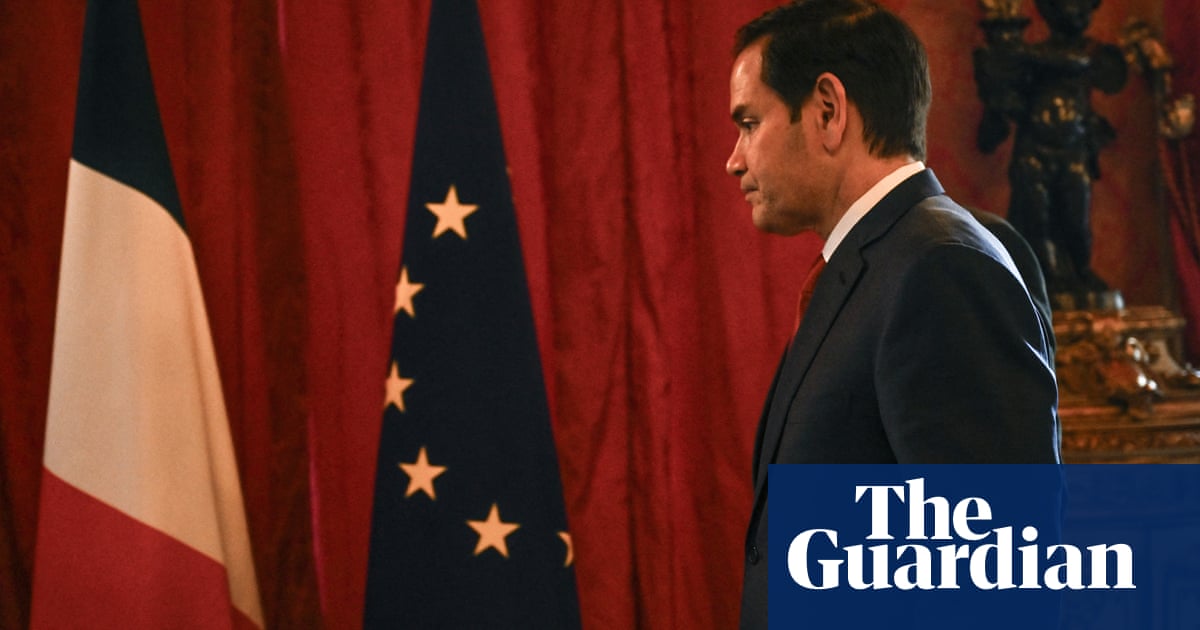The ambassadors of Russia and Belarus will not be invited to the German parliament’s commemorations of the 80th anniversary of the end of the second world war over concerns they could “exploit” the event for anti-Ukraine propaganda.
The ceremony in the Bundestag lower house on 8 May marking the allies’ defeat of Nazi Germany will include several representatives of the diplomatic corps in Berlin but bar the envoys from Moscow and Minsk based on “the government’s assessment on the invitation of representatives”, a parliament spokesperson said.
“This assessment led to the ambassadors of the Russian Federation and Belarus, among others, not being invited.”
The foreign ministry had previously sent out guidance to local, state and federal bodies to keep Russian and Belarusian representatives off their guest lists for official ceremonies marking the war’s end, which the Bundestag described as a “day of liberation from the National Socialist regime of violence”.
The ministry expressed concerns that the envoys could “exploit the events and maliciously connect them with the war of aggression against Ukraine”.
Germany is a staunch supporter of Kyiv in its defence against the Russian invasion and its second biggest supplier of military aid after the US.
The Bundestag ceremony, its first major commemoration of the war’s end since Moscow’s full-scale invasion of Ukraine in February 2022, will include speeches by the German president, Frank-Walter Steinmeier, and the chamber’s speaker, Julia Klöckner, who said she intended to emphasise the “war’s impact on women and lessons for today”.
The spokesperson said the focus of the event in the “forum of the nation” would be “on the second world war started in 1939 by the Germans in Germans’ name, with its millions of victims” and that no officials based abroad would be invited to attend.
The embassies of Russia and Belarus did not immediately respond to requests for comment. But the Russian ambassador to Germany, Sergey Nechayev, criticised the foreign ministry’s guidance as a “bitter disappointment”, telling the newspaper Berliner Zeitung that the traditional anniversary commemorations were “part of the path to our reconciliation”, which such decisions “endanger”.
The Bundestag’s announcement followed a controversy sparked by Nechayev’s attendance on Wednesday at a commemorative anniversary event in the eastern town of Seelow.
Organisers ordered a silent ceremony to avoid contentious statements but media images showed Nechayev being warmly greeted by local officials.
after newsletter promotion
The Battle of the Seelow Heights, the biggest on German soil during the second world war, led to the deaths of 33,000 Red Army soldiers including fighters from Russia, Belarus and Ukraine, among others, in addition to 16,000 German troops and 2,000 Polish soldiers.
Ukraine’s ambassador, Oleksii Makeiev, sharply criticised Nechayev’s inclusion in the event as “inappropriate”, calling him “a representative of a criminal regime that attacks my country every day with missiles, bombs and drones”.
Friedrich Merz, who is due to be sworn in as chancellor on 6 May, two days before the anniversary, has promised to uphold Berlin’s strong backing for Ukraine. The far-right, pro-Kremlin Alternative für Deutschland party makes up the largest opposition bloc in the new parliament following the 23 February general election.
Germany maintains elaborate war memorials to the Red Army’s role in defeating Adolf Hitler as part of agreements sealing national reunification after the fall of the Berlin Wall in 1989 and the dissolution of communist East Germany.
The Russian president, Vladimir Putin, has frequently drawn on the legacy of the second world war to justify his invasion of Ukraine.

 1 day ago
13
1 day ago
13




